Newcomers in filmmaking are characterized by a lack of experience, which, however, can prove a most important tool in presenting original stories and implementing new cinematic approaches. Taku Tsuboi does just that in a film whose story combines the Aum incident with 3/11 and elements of thriller, mystery and the supernatural, and its approach, elements of stage play and performance.
“Sacrifice” is screening at Japan Cuts 2020

The film sets its tone from the introduction scene, where a young girl, in the setting of the headquarters of a cult, predicts the 2011 Earthquake. Flash forward some years, and the girl is now a college student, while we also learn that her name is Midori and the cult she was unwittingly involved with was The Sacred Tide. While her premonitions continue, strange things continue to occur around her, as a killer of cats seems to roam the campus, and a human body is eventually found. One of her peers, the rather arrogant and intense Toko, has set her eyes on Okita, an introverted and seemingly timid co-student, as the perpetrator, and spares no time in accusing him openly, despite his protests. Her boyfriend Masaya, on the other hand, emits excellence with every move. As time passes and Midori's premonitions become more intense, the four students find themselves entangled in ways they could not imagine.
Taku Tsuboi directs a film that is difficult to describe, apart from saying that its narrative is unusual. The fact that it consists of only four characters for the most part, who occasionally explain themselves and everything that is happening through lengthy monologues and dialogues, points towards stage play. The way the actors perform their lines, however, seems to have much in common with the way various artists do so in performance sessions, which in this case, occasionally makes them seem detached from both the story and the film's aesthetics. The way thriller, mystery and the supernatural are combined with a somewhat surrealistic reference to the comments about cults and the aftermath of 3/11 is also unusual, despite the fact that the comments are easily understood through the aforementioned dialogues. In that fashion, the main one that surfaces repeatedly seems to state that not much has changed despite the impact of the disasters, and that Japan still remains entangled in concepts like nationalism.
Somewhere here is where Tsuboi's direction seems to thrive, since he managed to combine all the aforementioned elements in a way that actually works, with the oneiric atmosphere implemented by Hitomi Matsushita's cinematography helping immensely in that regard. The way the nightmares unfold mostly during the day and in rather bright lights is another element that moves towards the same path, which also adds to the overall atmosphere of disorientation and eventual angst that permeates the movie.
The same applies to the acting. Michiko Gomi as Midori, Miki Handa as Toko, Kosuke Fujita as Masaya and Yuzu Aoki as Okita all perform their parts in a way that does not seem to fit the overall aesthetics initially, but actually does as the story progresses. At the same time, the way they present their transformations to their true selves is also a sample of the quality of their acting.
“Sacrifice” is a film that will probably leave its audience perplexed on many levels, which is actually a significant compliment.


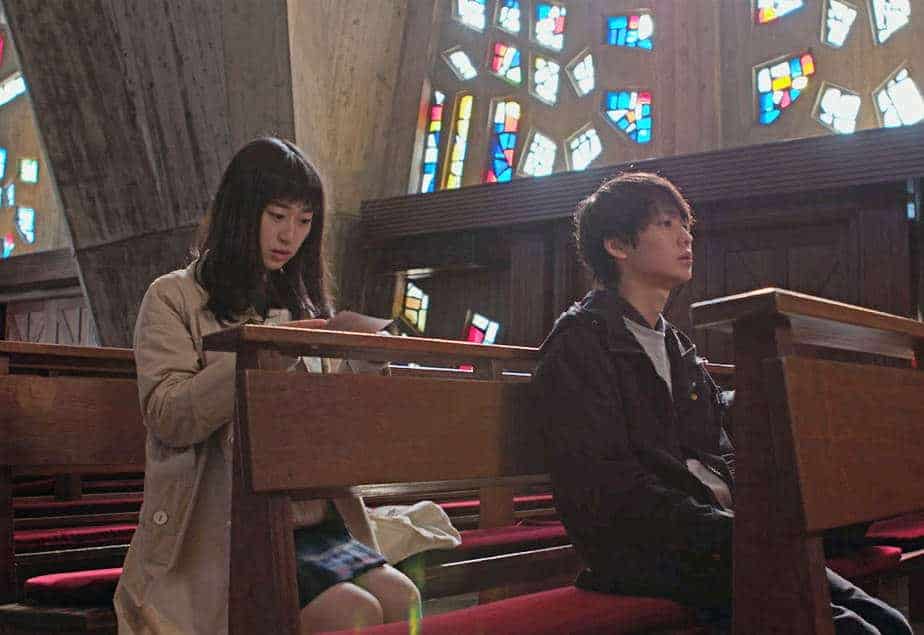

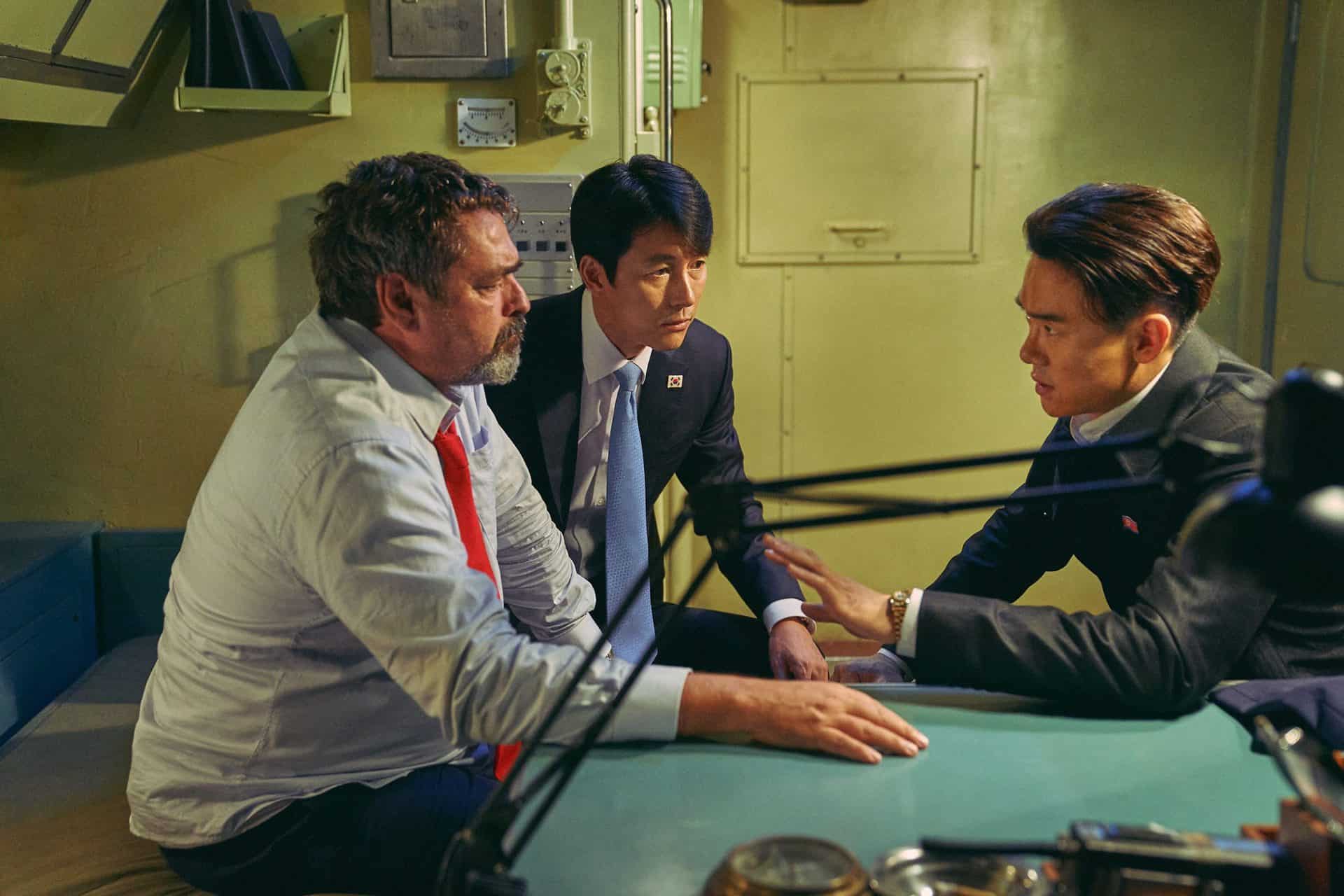
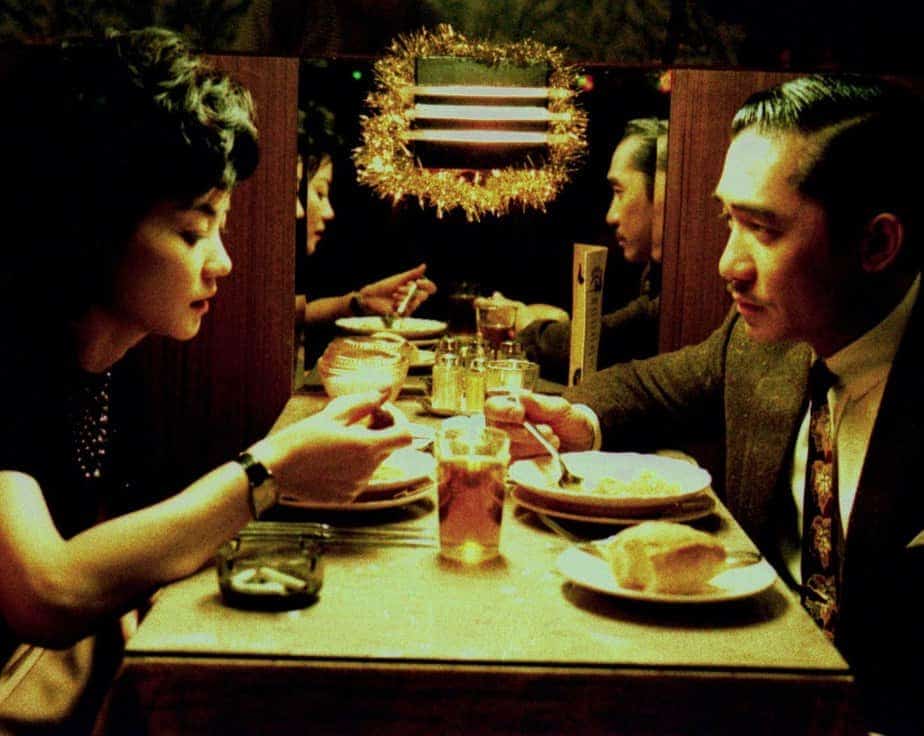
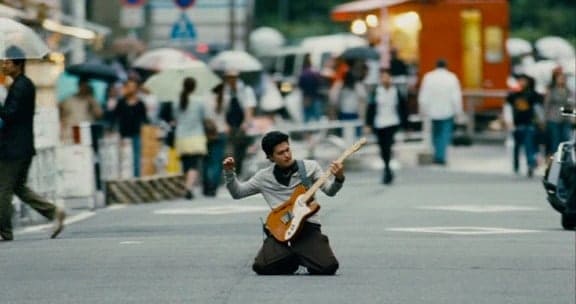
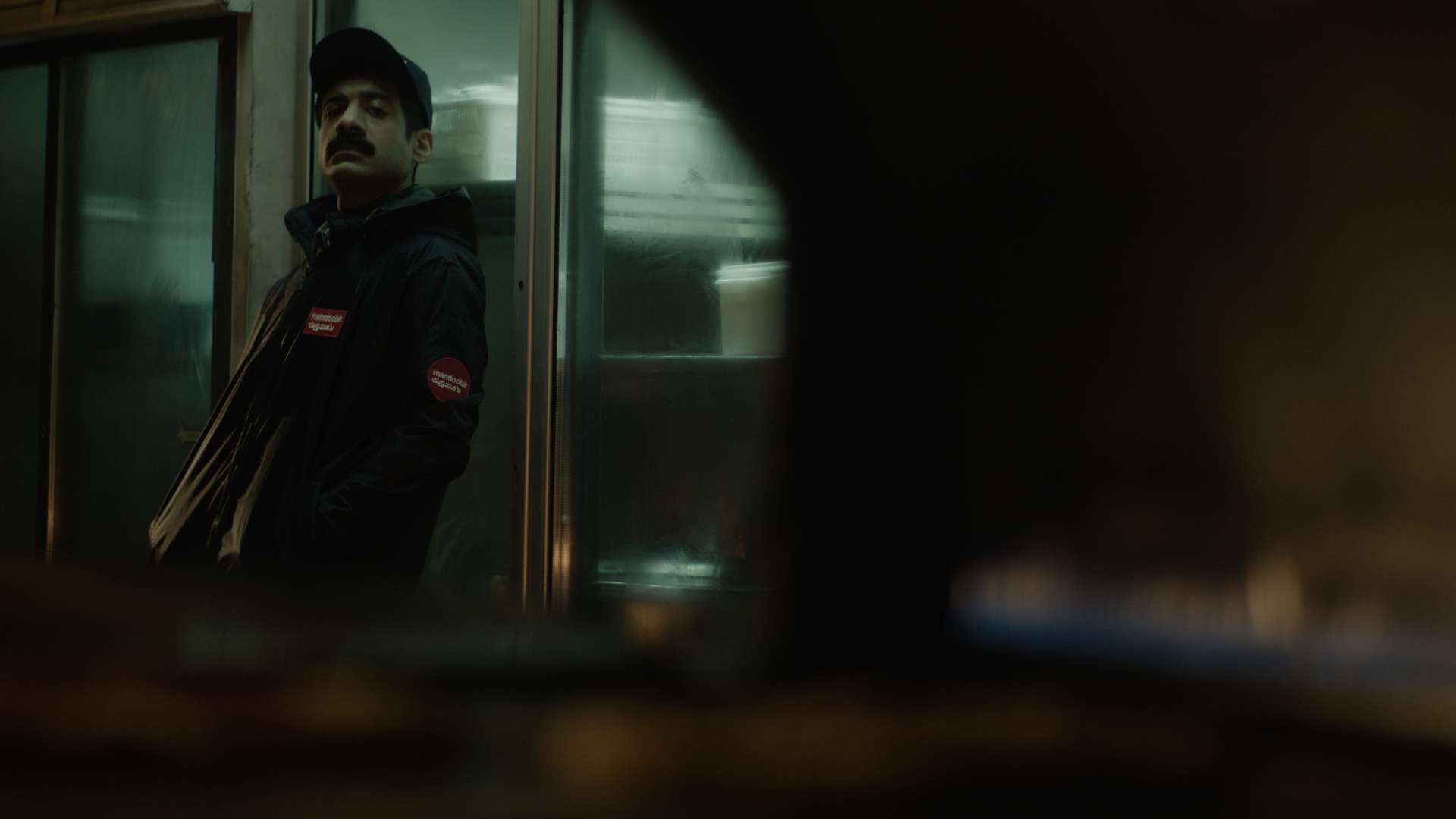
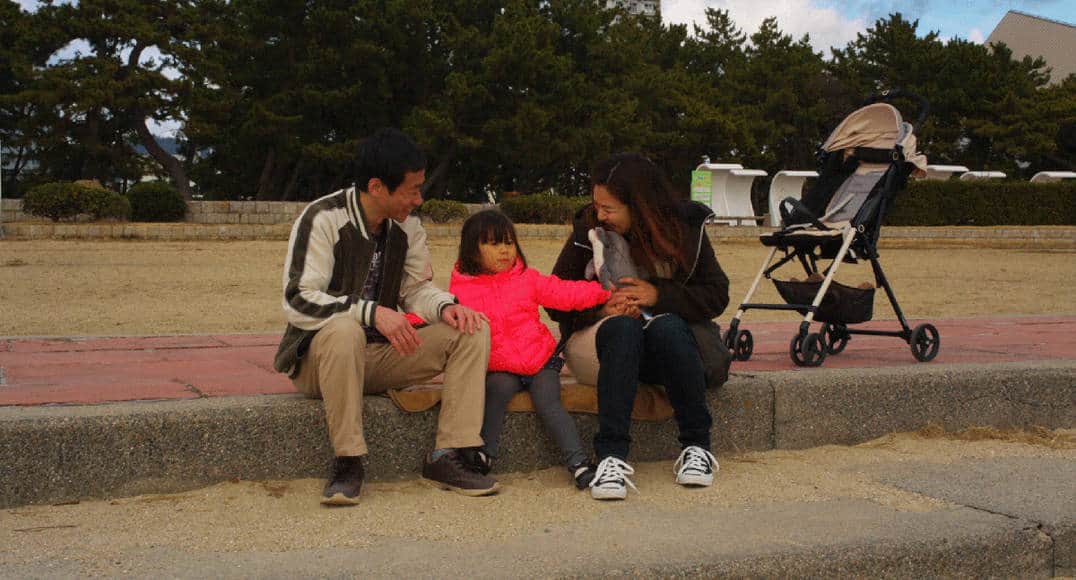







““Sacrifice” is a film that will probably leave its audience perplexed on many levels” perplexed, puzzled but I watched it till the end with interest. It’s too wordy and scenes seem to be disconnected at times but the cinematography and several sequences make me want to watch more from this director in the future
Yes, he is definitely a talent to look forward in the future